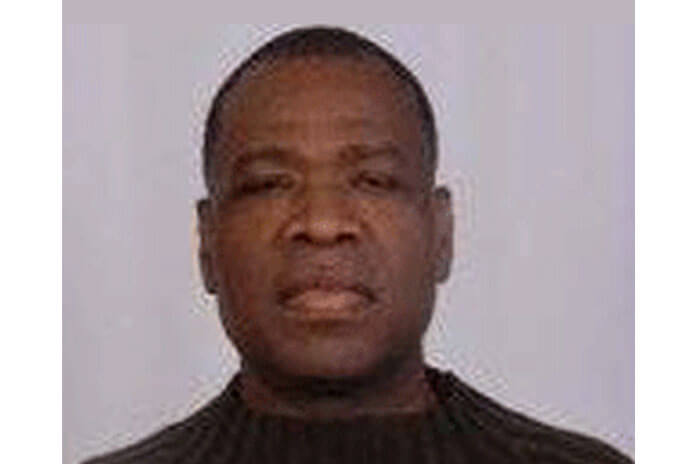Belize held its municipal elections on Wednesday, March 3, 2021. When all the votes were counted, the People’s United Party (PUP) won by a landslide — winning 65 out of 67 seats and winning all the mayoral seats except in the twin towns of Santa Elena and San Ignacio, where incumbent UDP mayor Earl Trapp was reelected along with one of his councilor candidates. The PUP candidate in Corozal Bay, Elvia Vega-Samos, also won the by-election to replace her brother, David Vega, who died shortly after he was elected last year, in the House of Representatives. It has been many years since the PUP staged a comeback against the UDP, who had been controlling all the municipalities for more than 12 years, up until 2018 when the PUP were able to win in Belize City and Corozal.
The Belize People’s Front participated in the elections in Dangriga for the selection of the members of that municipality’s town council, for the first time in their party’s history. Their candidates were able to garner over 1000 votes out of all the votes that were cast in the election. One of their councilor candidates, Dwayne Sampson, received the most votes nationwide out of all the third party candidates that contested the election. In Punta Gorda town, the Belize Progressive Party (BPP)’s mayoral candidate and some of his councilor candidates, received more votes than some of the UDP candidates, and that was a major surprise. Normally in most Belizean elections, the third party candidates do not get more votes than the candidates for the two major political parties, the PUP and UDP.
Voter turnout was low, and it was not until later that day that people started to rush to the polls. Belizeans just recently voted in a general election that was held on November of last year, 2020, and the political parties were wondering if there would be voter fatigue. Belizeans traditionally vote for the same party that occupies the seats of the National Assembly in Belmopan. They feel that if they vote for the party that does not control the central government, their city or town will not get any money from the government to take care of their business. However, this is far from the truth, because history has shown that due to the limited subvention that the Central Government has been issuing to the cities and towns over the years, their expenditures far outweigh their revenues. The cities and towns need more autonomy in order to generate revenues to keep up with their monthly budgets.
Belize, like every country in the world, is experiencing a serious economic problem, due to the Covid-19 pandemic, especially in the tourism industry, from which 30% of the nation’s revenues comes. This revenue from American tourists who visit Belize also is the country’s main source of foreign currency. In the absence of this revenue, the only other source of foreign exchange is the remittances sent by Belizean-American citizens who live in the United States to their relatives who live in Belize. Many Belizean-Americans are experiencing their own problems in America and are not able to send money to their relatives as they normally would. Belizeans and other people living in America, have lost their jobs and have problems getting their unemployment money, because the offices in most of the states, are not functioning at 100% capacity.
After the municipal elections were held, the Belize government announced that they will have to sign an agreement to abide by the International Monetary Fund (IMF) guidelines. This was something they knew before the elections were held, but kept it away from the citizens. IMF guidelines will lead to a freeze in government spending, salary cuts, layoffs, reduced spending and other actions that will affect the people and government.
The Belize government has no choice but to enter into an agreement with the IMF due to their debt-to-revenue ratio. Belize’s debt is estimated at about 4 billion Belize dollars and growing. If they cannot generate more revenue and pay off their debts, it will get worse, and not better. Next year the village council elections are due, and the political parties will have to find funds for this election also. Elections in Belize without money, result in a party losing the elections, because the two major parties have been paying their citizens to vote for them over the years.
Some of the Belizean citizens have gotten used to this practice and will not vote for any party or candidate unless they are paid. If the political parties do not come together and deal with this problem, they will not be able to afford the cost of the elections and will not succeed in ending vote-buying and corruption in Belize. Electoral reforms and campaign finance legislations are the only two ways to solve this problem. Severe legal penalties, including excessive fines, imprisonment for buying and selling votes, and the recall of candidates who won an election by engaging in these illegal activities, must be included in these legislations. The problem is that after the elections are held, many of the area representatives are not seen until elections are held again. Then, a majority of the Belizean people — the working class and poor— still continue to live in poverty, while some families in Belize, including politicians, their supporters, business people, and the major political parties’ multinational donors, reap the benefits from Belize’s natural resources.

